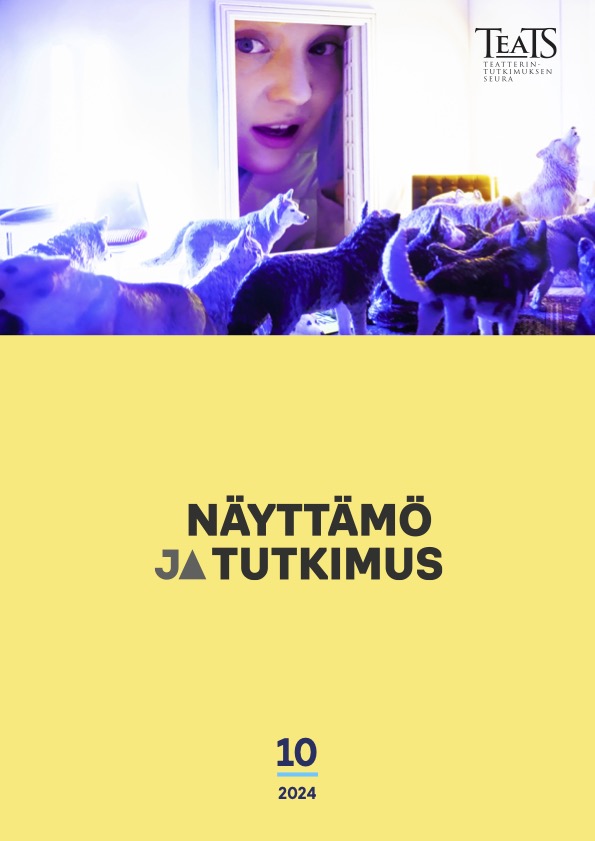Tragedy and Interpretation
On the Political Readings of Jean Anoulh's Antigone since the Occupation
Keywords:
Tragedy, rewriting, French Occupation, collaboration, forced adaptation, ambivalence, political allegory, resistance, modern tragedy, Antigone, adaptation, reception history, overreading, fascist aesthetic, interpretation, Jean Anouilh, censorship, open ending, political pessimism, political theatreAbstract
The article examines the use of political ambiguity as a conscious strategy in Jean Anouilh's tragedy Antigone and the play’s production at the Théâtre de l’Atelier in Paris during the French Occupation in the spring of 1944. The study demonstrates how the strategy of ambiguity continued to influence critical responses and audience reactions after the liberation, and how later English-language translations, interpretations, and research has sought to limit the possibilities in the play’s political meaning. The article assesses the play’s contradictory reception history in relation to the theater artists’ presumed political neutrality and the profound ambiguity in some of the play's central structures. In terms of Anouilh’s rewriting of Sophocles, the article examines especially the meaning potential in the tragedy’s pessimistic ending. The viewers’ strong tendency to find political allegories in Anouilh’s play, however, cannot be explained exhaustively by the textual and production features alone or by the theater artists' intention to escape censorship. The article therefore also discusses the ideological appropriation of the text as overreading. Overreading in this definition does not mean the play’s overinterpretation but its ideological appropriation under specific historical circumstances and according to a horizon of expectation that prompts the use of politically relevant interpretive frameworks.

Downloads
Published
How to Cite
Issue
Section
License
Copyright (c) 2024 Näyttämö ja tutkimus

This work is licensed under a Creative Commons Attribution-NonCommercial-NoDerivatives 4.0 International License.




